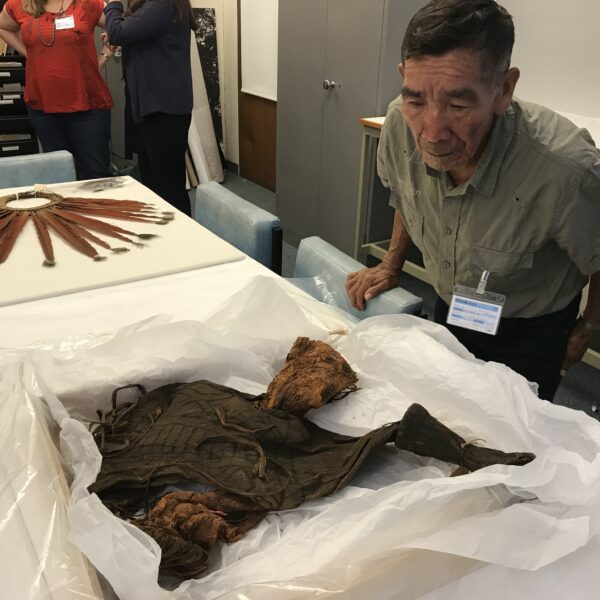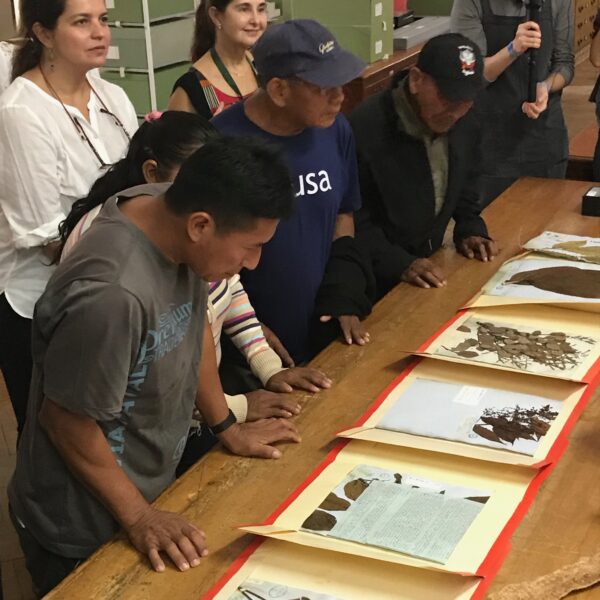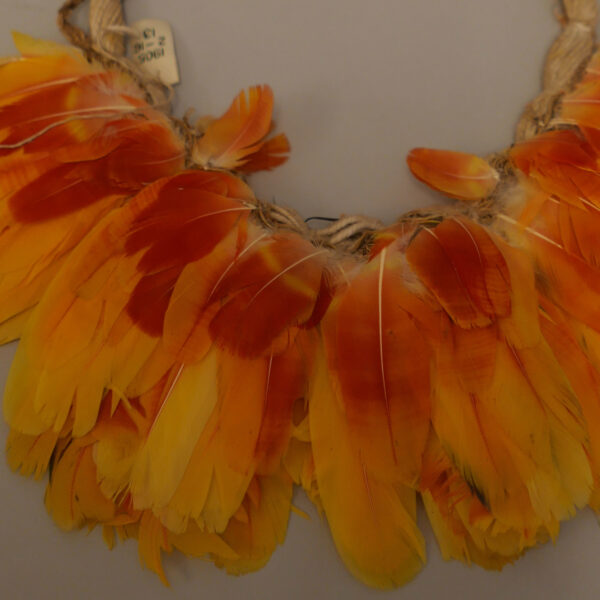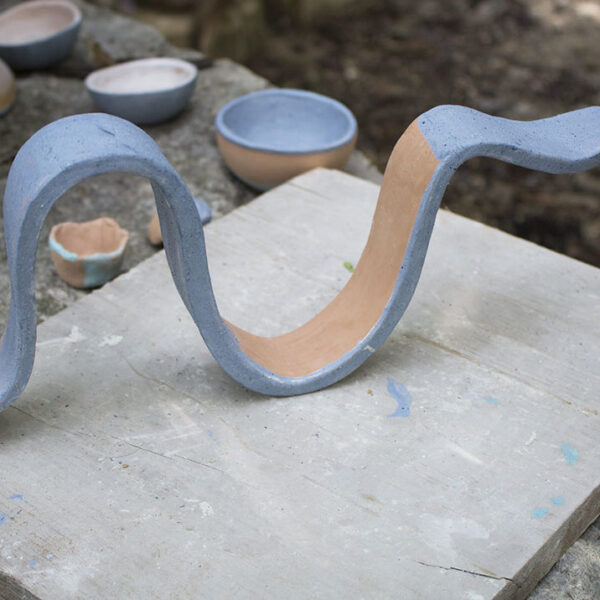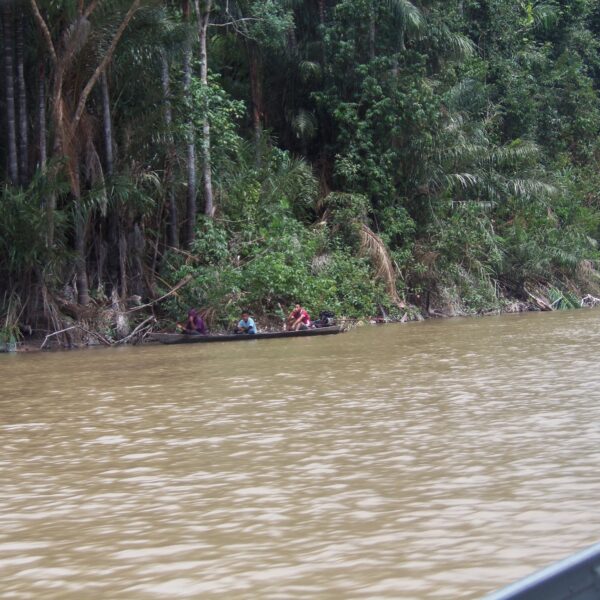Digital repatriation of biocultural collections: connecting scientific and indigenous communities of knowledge in Amazonia
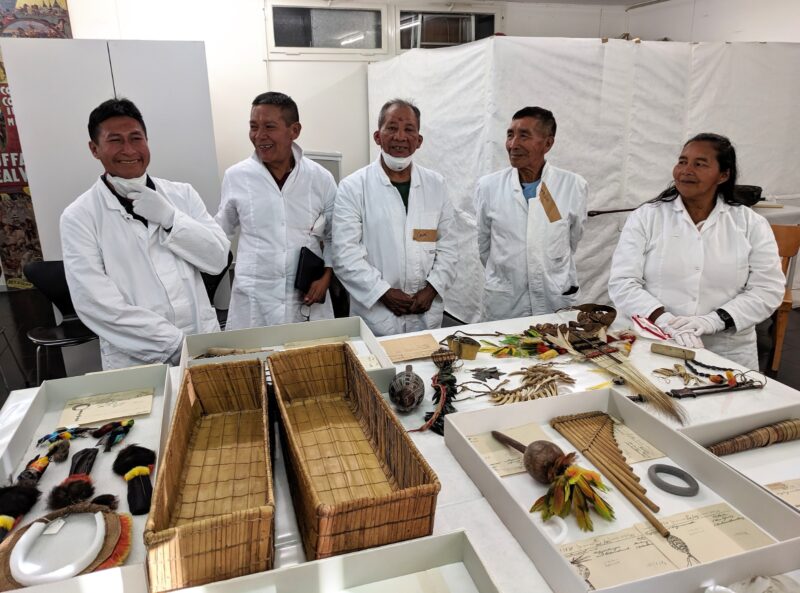
It seeks to develop a more inclusive way of curatorial practice, enriching the data and promoting the dynamism and ongoing creation of digital biocultural heritage. Linking the biocultural collections amassed by 19th-century botanist Richard Spruce (held by the Royal Botanic Gardens, Kew and British Museum in London) with those collected in the early twentieth century by German ethnologist Koch-Grünberg (held by the Ethnological Museum in Berlin), together with the knowledge of the source communities from which the collections originated, the project aims to reanimate the artefacts, rendering them into sources of inspiration for the making of new artefacts, which will be donated to Brazil’s National Museum in 2020.
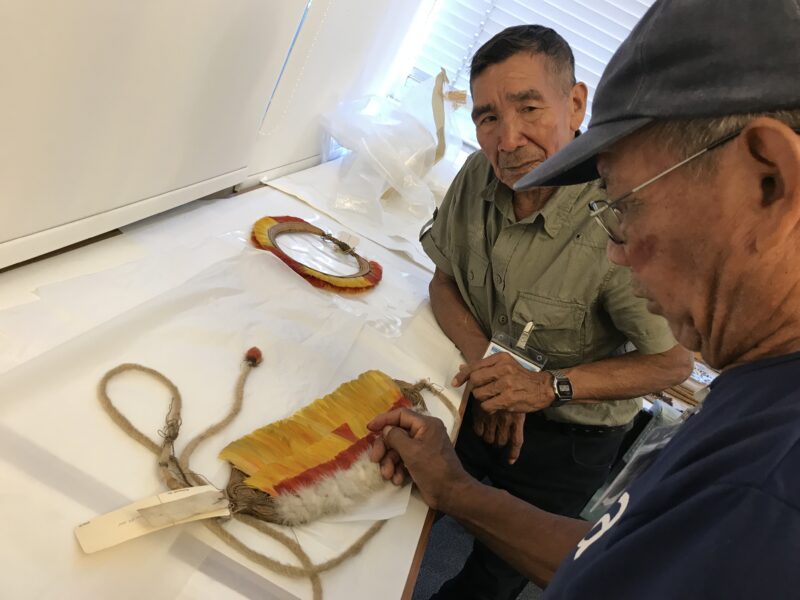
Test Caption
This project is part of a broader research programme on the Richard Spruce collections developed by the Royal Botanic Gardens, Kew and Birkbeck, University of London since 2015. Its partners include the British Museum, the Berlin Ethnological Museum, the Brazilian Socioenvironmental Institute (ISA), the Rio de Janeiro Botanic Garden and the Federation of Rio Negro Indigenous Organization (FOIRN). Advancing methods of co-curatorship, the project is developing protocols for digital access to these biocultural heritage materials, which will be documented in a targeted policy report. The practical, local, community-driven solutions we aim to achieve with this project will provide material for reflection on the ethical and practical implications of digitally repatriating collections more generally, and of making the collections available for all.
